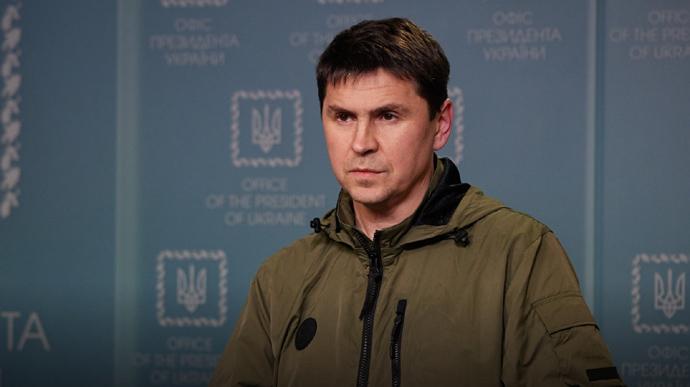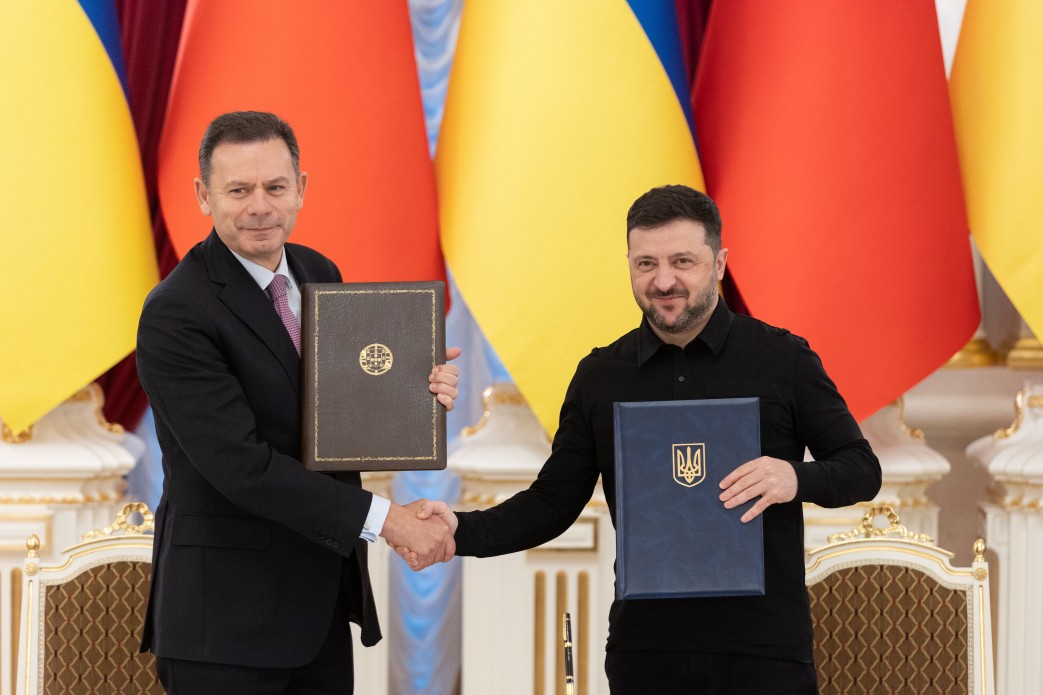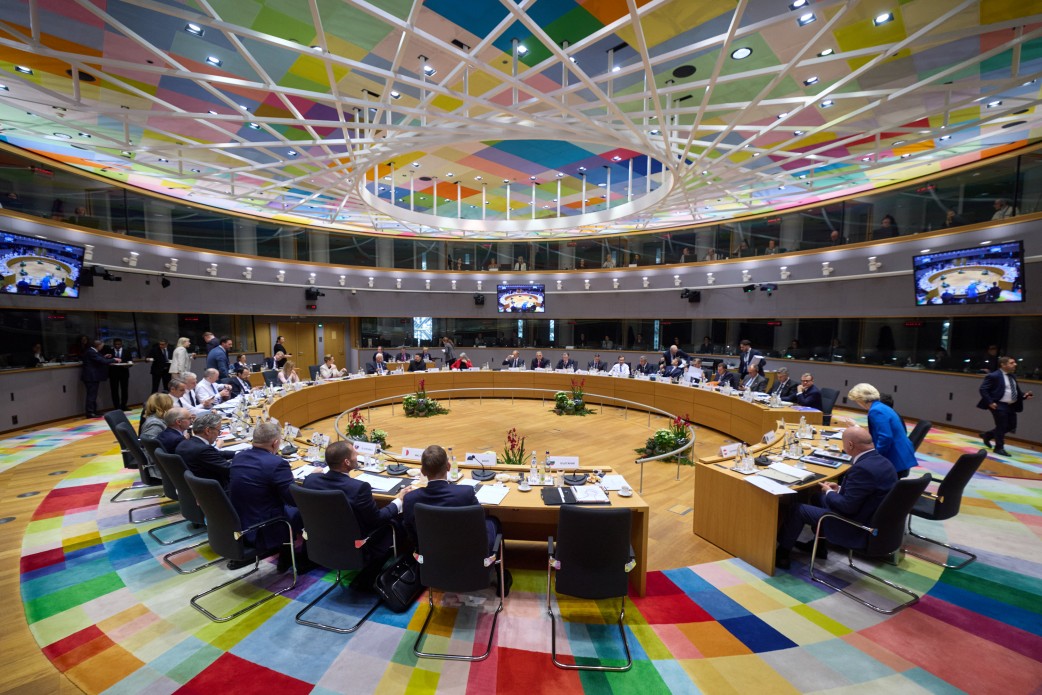The Presidential Office reacted to the words of US President Joe Biden, who said that Ukrainian President Volodymyr Zelensky "did not want to hear" the warning that Russia would invade.
Presidential speaker Sergei Nikiforov noted in a commentary to LIGA.net that Zelensky had asked for preventive sanctions against Russia ahead of a large-scale Russian invasion, but the partners "did not want to hear."
Nikiforov recalled that during that period, Zelensky had three or four telephone conversations with Biden: the leaders exchanged thoughts and assessments of the situation in detail.
Therefore, the phrase “didn’t want to hear†probably needs to be clarified. In addition, if you remember, the President of Ukraine called on partners to introduce a package of preventive sanctions in order to encourage Russia to withdraw troops and de-escalate the situation. And here we can already say that our partners “did not want hear us
Sergei Nikiforov

- According to the BBC, Western intelligence already learned in the summer of 2021 that Russia was preparing a full-scale attack on Ukraine.
- Since the end of autumn 2021, the risks of an invasion have been discussed by the media, politicians and diplomats. The Russian Federation delivered an ultimatum on the non-expansion of NATO and the return of the Alliance to the 1997 borders.
- The West ignored the ultimatum, threatened the Russian Federation with sanctions, supplied Ukraine with "partisan" weapons, but did not introduce a single preventive economic restriction against Russia before a large-scale invasion.
Advisor to the head of the President's Office, Mykhailo Podolyak, noted that blaming Ukraine for something is "absurd."
Of course, this is not entirely true. We were well aware that Russia was developing various expansion scenarios. Vladimir Zelensky always had relevant analytics on his desk, which were based on high-quality intelligence. The President also carefully reacted to all the words and warnings of our partners
Mykhailo Podolyak
He stressed that Kyiv understood the intentions of the Russians and was "preparing for this or that aggressive scenario."
However, Podolyak noted, the question was: what would be the volume of the invasion. According to him, the intensity of shelling throughout Ukraine could not have been foreseen, and there is no doubt that the scale of the invasion shocked many countries, including Ukraine's partners.
But what is important is the speed with which the state administration was rebuilt on a war footing, and the almost lightning-fast recovery of our country from shock. And finally, the key thing, it seems to me that it is absurd to blame a country that has been effectively fighting a full-fledged war against a much more resourceful opponent for more than 100 days, if the key countries have not been able to preemptively stop the militaristic appetites of the Russian Federation, knowing them perfectly well,
Mykhailo Podolyak
Russia began to pull troops to the Ukrainian borders from the end of October 2021.
Western partners of Kyiv were concerned about possible plans for a large-scale invasion of the Russian Federation and threatened to impose tough sanctions against Moscow.
During his February 18 speech, US President Joe Biden said the United States had reason to believe that Russia was planning an attack in the coming days or within the next week and would “target the capital of Ukraine, Kyiv.â€
Russia attacked Ukraine on February 24th. June 11 is the 108th day of a full-scale war. The occupying troops tried to advance from the north, east and south, shelling peaceful cities throughout Ukraine from artillery and from the air.




















